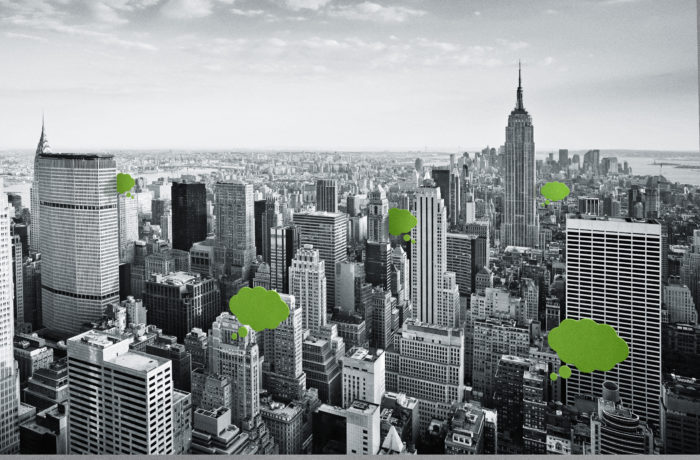We met Professor Robert J. Howlett on the occasion of one of Ottawa Tourism’s association sales missions in London in March. Immediately KES International intrigued us, especially when we found out its tagline read : « KES brings people together to make … Knowledge Connections. » What could that mean exactly ? Isn’t that precisely what any association aims to do? Anyway, this seemed quite interesting. Together with Faye Alexander, Professor Howlett explains here what the organisation is about and what kind of challenges the’ve had to overcome in the past years.
Interview Rémi Dévé
Can you explain what Kes International is about?
For over two decades the mission of KES International has provided a professional community, networking and publication opportunities for all those who work in knowledge-intensive subjects. At KES we are passionate about the dissemination, transfer, sharing and brokerage of knowledge. The KES community consists of several thousand experts, scientists, academics, engineers students and practitioners who participate in KES activities.
Can you share what products and services you provide to your members?
KES operates a portfolio of conferences with international participation in different countries of the world on leading edge topics, accessible to academics, researchers, industry and students. Topics include intelligent computer systems, sustainable buildings, design and manufacturing, innovation and knowledge transfer.
KES International also edits a range of journals and serials on knowledg- intensive subjects as well as publishing several book series containing the results of applied and theoretical research on a range of leading-edge topics.
KES also provides live and online training courses on all the topics in its portfolio. Having recently been successful in government funding KES has delivered a wide range of modular based training events in the UK alongside relevant networking activities.
Finally KES International provides a platform for academics who need to disseminate research results as part of a project or EU project and do not wish to create a new conference in order to do so. We have worked with many project workshops providing specialist knowledge of how to run a conference to disseminate research results alongside one of or existing events.
Are there any particular challenges that the organisation has had to overcome in the past years?
Conferences (especially academic events) are becoming very competitive and providing a high-quality event at a reasonable price is becoming more difficult.
The challenge of keeping abreast of the ever-changing and increasing social media marketing world has been somewhat interesting. Choosing a strong marketeer who can target our very niche audience and also have an understanding of what our customers use to research events, is a long-lasting challenge for a small team and a very busy association!
What kind of events Kes International organizes? How do you decide where to go?
We have a portfolio of academic conferences which cover subjects such as Intelligent Systems, Intelligent Decision Technologies, Intelligent Interactive Multimedia Systems and Services, Agent and Multi Agent Systems, Smart Technology based Education and Training, Sustainable Technology, Sustainability in Energy and Buildings, Smart Energy, Sustainable Design and Manufacturing. Other conference topics include Innovation, Knowledge Transfer, Enterprise and Entrepreneurship, Innovation in Medicine and Healthcare, Digital Media and Innovation in Music.
Each conference delivers its own networking drinks reception, gala dinner and often a bespoke choice of social event with links to the local area.
Being academic conferences, virtually all of our delegates come to present their work in a 20-minute presentation, and they each submit an article which is published by a major publisher.
There are so many conferences worldwide that academics can more or less choose where they want to go to to deliver their work and network. We have a motto of ‘A high quality academic conference in a nice place to visit’ – we choose an attractive destination, accessible, good flight routes, safe and affordable for our events.
What do you find most challenging as an association executive?
Amid constantly changing technology, resources, and an increasingly younger demographic, it can be difficult to stay relevant to your membership. We not only need to keep attracting new members to KES International in an ever increasing and competitive market for academic conferences, but we work hard to maintain our extremely high standards within the way we operate our events which, for over 20 years, has made our organisation niche in the product and level of service we deliver.
According to you, what are the latest trends in the global association community?
Our delegates want to go to new places, but they need to be safe, accessible, and cost effective.
Virtual conferences, removing the expense of travel, have been discussed for a number of years, but they don’t seem to be getting much traction. The ‘fringe benefits’ of a conference, meeting people who might participate in research collaborations or grant applications, is a very important part of attending an event, and it is hard to make the right kind of relationships over the internet. Some of the best business is done in the bar at the end of the day!
